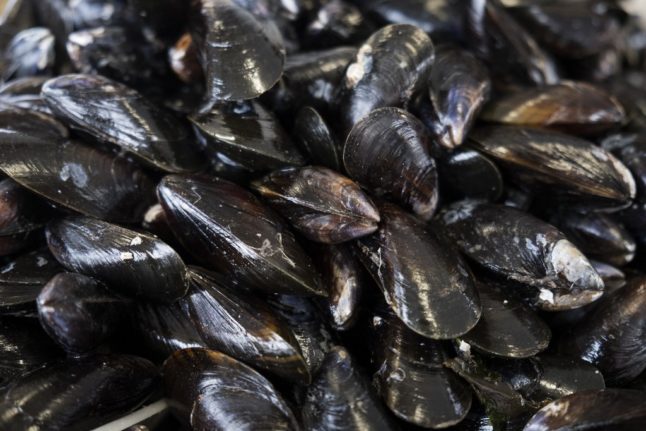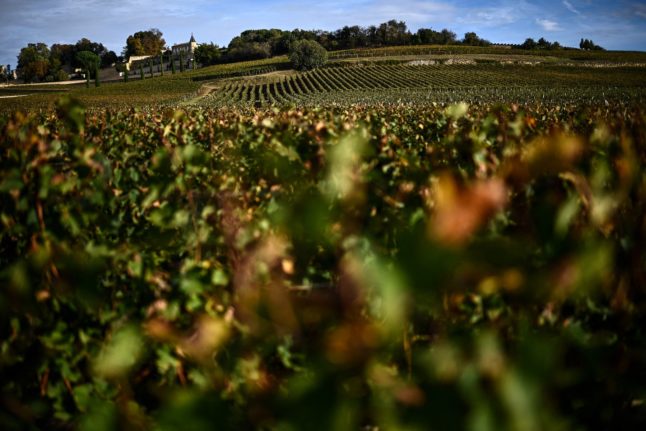You may not be able to see it from land, but underwater, an invasive species of spider crabs are ravaging the mussel population on the Western coast of France.
In Normandy and Brittany, mussel farmers are struggling to control the expanding spider crab population – which normally migrates onward, but has stayed put on France’s coasts.
Experts believe the crabs, who feast on mussels and all manner of shellfish, have not continued in their migration due to warming water temperatures, as a result of the climate crisis.
This has left French mussel farmers worried that if the crab population is not controlled, then mussel production could end in the region within a decade.
Some mussel farmers, like David Dubosco, have lost a significant amount of mussels in just the last year. Dubosco told TF1 that in 2022 he lost at least 150 tonnes.
(You can listen to The Local France team discuss the future of moules-frites in our new podcast episode below. Just press play or download it here for later.)
Dubosco is not alone in his experience. According to reporting by TF1, production across the board will be lower this year 2022, which means that the number of mussels imported from other countries will likely increase, a decision that will not be popular with French consumers who prefer homegrown mussels to make the classic moules-frites.
The proliferation of the spider crabs has been an ongoing problem for the last six years, but due to warming waters, more and more have stayed in French waters.
The crabs do not have many predators besides humans – as they are edible, but the supply has begun to outweigh demand. Additionally, the crabs have grown so big that traditional cages used to trap them are no longer effective, according to Actu France.
On September 21st, over 80 mussel producers staged a demonstration in front of the Manche préfecture in Saint-Lô to demand further measures against this invasive species.
“We have seen the proliferation of spider crabs and our alerts have gone unheeded by the administrative authorities. The species comes to feed on our stocks,” said Vincent Godefroy, head of the “Group of mussel farmers on bouchot” (Groupement des mytiliculteurs sur bouchot) to Actu France.
In response, the Manche prefecture met with six representatives from the group, eventually publishing a a statement saying it would allow “for the experimentation of new measures” to combat the crabs, which would include dragging them out to sea.
Additionally, government actors and mussel farmers will work together this autumn to conduct a study on the economic value of spider crabs with goals of building up a new industry. The assessment will be made in November.



 Please whitelist us to continue reading.
Please whitelist us to continue reading.
Member comments